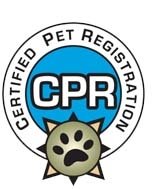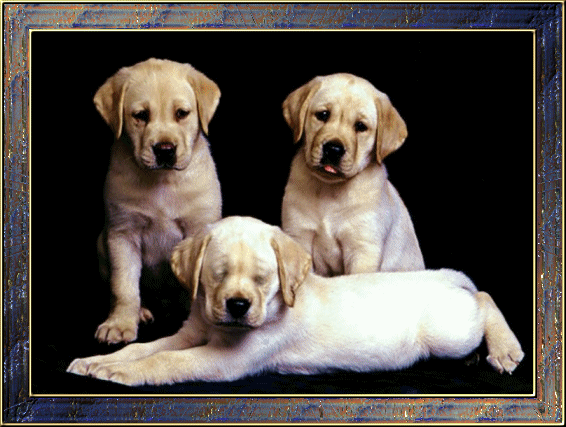AUSTRALIAN SHEPHERD Breed Standards
The Australian Shepherd is known to have originated in the United States during the nineteenth century from a mixture of a number of different herding dogs, primarily from Europe, Latin America and to a lesser extent Australia. Throughout the 19th century, a large number of European herding dogs accompanied their owners to the East Coast of the United States. The East Coast climate was similar to the Spanish, Basque, and French areas many of the dogs had lived in previously, and the various breeds did well without having to make significant adjustments.
During the gold rush, the mass migration from East to West revealed that many of the European herding dogs were ill-suited to the hot, dry California climate. On the West Coast these newcomers were met by herding dogs from Latin America and Australia that had been brought to California to help in the gold harvest. European, Latin American and Australian dogs were interbred in an attempt to produce a competent herding dog that would fare well in a warm climate.
The result of this interbreeding, was a dog known today as the Australian Shepherd. The name Australian Shepherd, however, is a bit of mystery because the largest influx of Australian herding dogs did not take place until the 20th century, at which time the Australian Shepherd was already a well established type. Many of the Australian herding dogs on the West Coast of the United States were identified by a unique merle coloring, and it has been hypothesized that the term “Australian” may have simply been used to describe all dogs with merle markings.
The Australian Shepherd was controversially recognized by the AKC in 1993, with some Australian breeders upset by the AKC’s emphasis on conformation as opposed to field performance, therefore was the startup of new registries.
SKILLS: The Australian Shepherd (Aussie), is a medium-sized, robust, well-balanced, rustic dog.
SIZE: Height: Dogs 20-23 inches (52-58cm.) Bitches 18-21 inches (46-53cm.) Weight: Dogs 50-65 pounds (25-29 kg) Bitches 40-55 pounds (18-25 kg.)
COAT: The coat is of medium texture, straight to slightly wavy, weather resistant, of moderate length with an undercoat. The quantity of undercoat varies with climate. Hair is short and smooth on the head, outside of ears, front of forelegs and below the hocks. Backs of forelegs are moderately feathered; breeches are moderately full. There is a moderate mane and frill, more pronounced in dogs than bitches.
CARE REQUIRED: This breed is not recommended for apartment life. They are moderately active indoors and will do best with at least a large yard.
CHARACTER: Australian Shepherds are easy going, perpetual puppies that love to play. Courageous, loyal and affectionate, they are excellent children's companions that are great with active children. A devoted friend and guardian, for they are naturally protective. Very lively, agile and attentive - they are eager to please, with a sixth sense about what the owner wants.
TRAINING: Australian Shepherds needs lots of exercise and a job to do, as the breed is very intelligent, active and easily bored. They can become nervous and destructive if left alone too much without exercise. They are naturally suspicious of strangers, so they should be well socialized as puppies. Working lines of Australian Shepherds may be too energetic to be suitable pets.
SOCIAL BEHAVIOR: Australian Shepherds are highly intelligent and easy to train. Though aggressive when at work with livestock, the Aussie is gentle with human friends.
EXERCISE: This energetic working dog needs plenty of vigorous exercise to stay in shape, or better yet, some real work to do.



